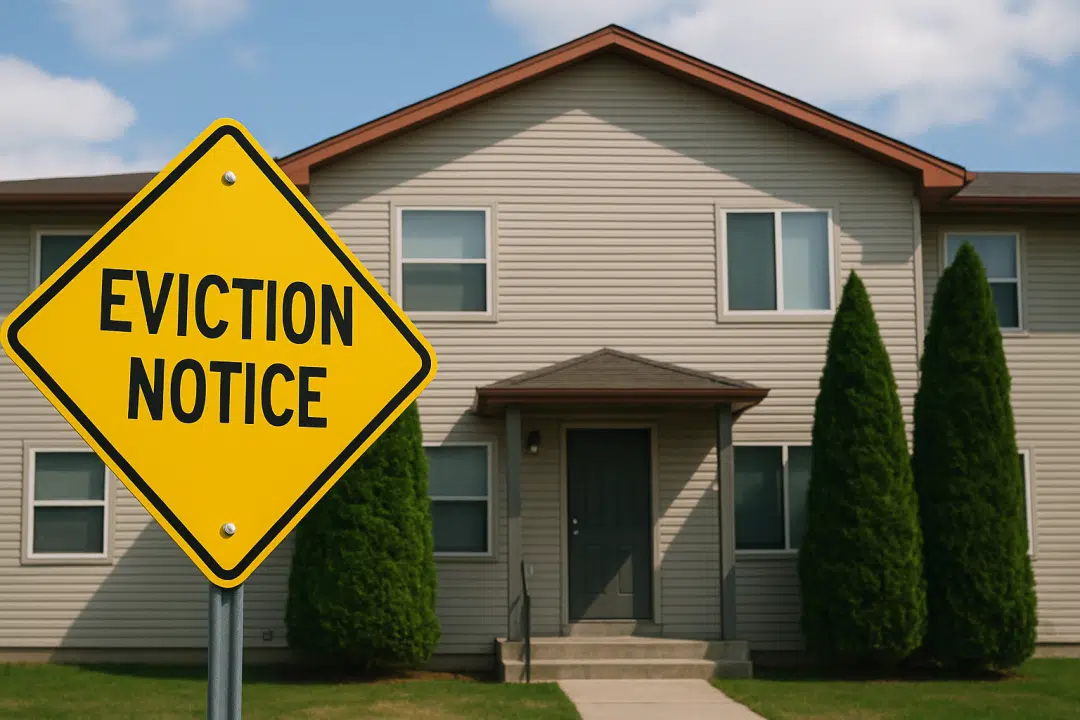
Section 8 vouchers offer critical rental assistance to eligible low-income households across the country. However, this support isn’t permanent—thousands of participants lose their housing benefits each year due to violations, missed deadlines, or changes in eligibility
As of 2025, HUD and local public housing agencies (PHAs) continue to enforce strict compliance with program rules. Here’s a breakdown of the five most common reasons a Section 8 voucher can be terminated.
1. Failure to complete annual recertification
Every year, tenants must complete an annual recertification to verify income, household composition, and other eligibility factors. This process ensures the correct level of housing assistance is applied.
Missing the recertification deadline—or failing to provide required documents—can result in immediate loss of benefits.
Tenants must:
- Report all income and asset changes
- Submit updated proof of income (pay stubs, SSI letters, etc.)
- Verify household size and any changes in residency
2. Unreported income or household members
Section 8 participants must report all income sources and disclose everyone living in the household.
The program considers it fraud when participants fail to report new income (such as a new job or added wages) or allow unauthorized individuals to live in the home.
Penalties include:
- Immediate voucher termination
- Repayment demands for past assistance
- Permanent disqualification from HUD programs
3. Criminal activity in or near the home
HUD regulations prohibit tenants and household members from engaging in certain types of criminal activity. This includes:
- Drug-related offenses
- Violent crimes
- Property damage or threats to neighbors
PHAs may revoke the household’s voucher if they link a family member or guest’s violation to the unit or surrounding area.
Some PHAs conduct background checks during annual reviews or after police reports are filed.
4. Missed or failed inspections
Section 8 homes must meet HUD Housing Quality Standards (HQS). The PHA may suspend or revoke the voucher if a property fails inspection due to unsafe conditions or tenant-caused damage.
Tenants can also lose benefits if:
- They deny inspectors access to the unit
- They cause repeated damage or cleanliness violations
- They fail to report unsafe conditions promptly
Landlords are generally responsible for repairs, but tenants must maintain the unit and cooperate with inspections.
5. Eviction for lease violations
An eviction from a Section 8 unit can put your voucher at risk—especially if you fail to pay rent, damage the property, or violate the lease.
In most cases:
- Tenants who seriously violate their lease may lose eligibility for the program.
- Tenants evicted for no-fault reasons (e.g., landlord selling the property) may retain their voucher if they move promptly
It’s critical to follow lease terms and communicate with your housing authority during any housing transition.
What happens if your voucher is terminated?
If a PHA moves to revoke your voucher, you have the right to:
- Receive a written notice explaining the reason
- Request an informal hearing to appeal the decision
- Present evidence or witnesses to support your case
Deadlines to respond are typically short—often 10 to 15 days—so tenants should act quickly if they wish to contest a termination.
Key takeaways
- Section 8 vouchers can be lost due to non-compliance, fraud, or criminal activity.
- Tenants must stay current on paperwork, inspections, and lease obligations.
- Communication with your PHA is key to avoiding sudden termination.
For detailed rules, visit hud.gov or contact your local housing authority.
